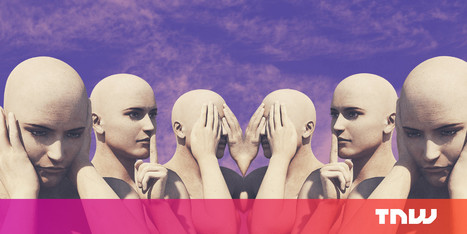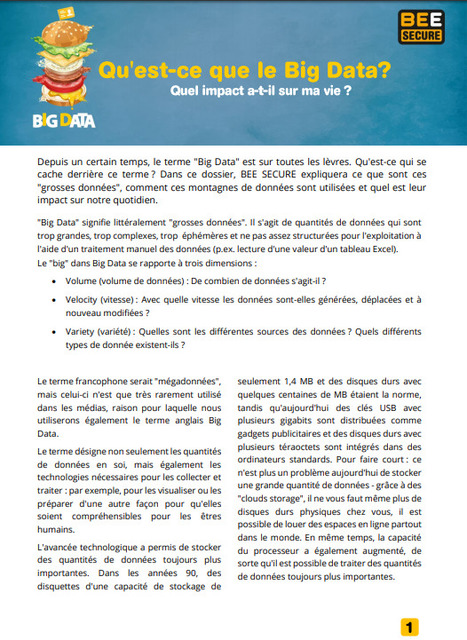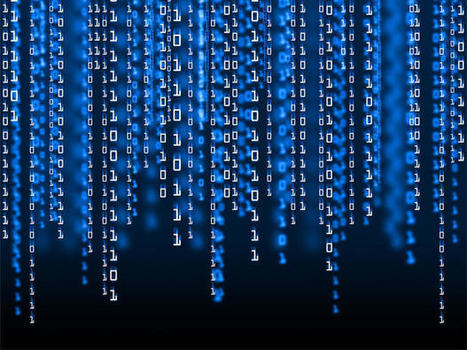When was the last time you saw a creepy ad on Facebook, which seemed to know about a product you were discussing with a coworker? Or when was the last time you noticed that your Google search had been modified to suit variables like your current location and personal interests?
These micro-events happen on a daily basis for most of us, and are reminders of how valuable and how ubiquitous our data really is. Data is the currency of the new world, and with 2.5 quintillion bytes of data created each day, that status isn’t going away anytime soon.
The problem is, data scientists and analysts are constantly talking about the potential for how to use this data, but too few are talking about the ethics. If we’re going to keep pushing for better systems built on big data, we need to democratize and popularize the ethical conversation surrounding them.
Learn more / En savoir plus / Mehr erfahren:
https://www.scoop.it/t/21st-century-learning-and-teaching/?&tag=Ethics
https://gustmees.wordpress.com/2013/12/21/privacy-in-the-digital-world-shouldnt-we-talk-about-it/
https://www.scoop.it/t/securite-pc-et-internet/?&tag=tracking
https://www.scoop.it/t/securite-pc-et-internet/?&tag=Privacy
https://www.scoop.it/t/securite-pc-et-internet/?&tag=Big+Data



 Your new post is loading...
Your new post is loading...














When was the last time you saw a creepy ad on Facebook, which seemed to know about a product you were discussing with a coworker? Or when was the last time you noticed that your Google search had been modified to suit variables like your current location and personal interests?
These micro-events happen on a daily basis for most of us, and are reminders of how valuable and how ubiquitous our data really is. Data is the currency of the new world, and with 2.5 quintillion bytes of data created each day, that status isn’t going away anytime soon.
The problem is, data scientists and analysts are constantly talking about the potential for how to use this data, but too few are talking about the ethics. If we’re going to keep pushing for better systems built on big data, we need to democratize and popularize the ethical conversation surrounding them.
Learn more / En savoir plus / Mehr erfahren:
https://www.scoop.it/t/21st-century-learning-and-teaching/?&tag=Ethics
https://gustmees.wordpress.com/2013/12/21/privacy-in-the-digital-world-shouldnt-we-talk-about-it/
https://www.scoop.it/t/securite-pc-et-internet/?&tag=tracking
https://www.scoop.it/t/securite-pc-et-internet/?&tag=Privacy
https://www.scoop.it/t/securite-pc-et-internet/?&tag=Big+Data